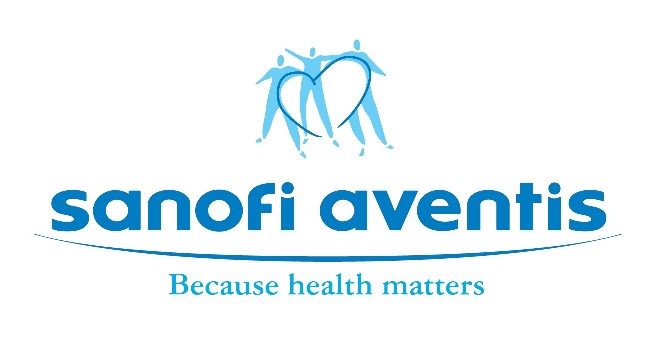
| Sanofi plans third drug plant in City | |
Pharmaceutical giant Sanofi has said it is working on a plan to build a new pharmaceutical facility in Vietnam to meet high domestic and regional demands as its two existing plants in HCMC are running at full capacity. Hanspeter Spek, Sanofi President for Global Operations, said during his visit to HCMC last weekend that he could not reveal the investment capital and location of the project as the firm is still working with Vietnamese authorities over the project. It normally takes two or three years to finish building a pharmaceutical plant at a minimum cost of US$20-25 million, US$50 million at the medium level or US$150 million at a higher level, Spek said. Explaining the company’s plan for the third plant, Christophe Hirtz, general manager of Sanofi Indochina, said Sanofi’s two operational drug plants were using up their capacity and that in some occasions, they had to resort to three shifts a day. But it is impossible to upgrade them, he added. HCMC is still a favorite location for the third plant because it can take advantage of the company’s available resources such as labor and technology of the two existing plants. In particular, the new drug plant is aimed at satisfying local consumption and export to regional countries, Hirtz said. The new drug factory is part of Sanofi’s long-term investment strategy in Asia, especially in Vietnam. In 2011, Sanofi earned total revenue of 10.1 billion euros from emerging markets, accounting for 30.3% of its revenue worldwide. Sanofi has been active in Indochina for almost 50 years with its head office situated in HCMC. At present, there are 1,000 employees working at its six offices in Vietnam and Cambodia. Last December, Sanofi picked DKSH as an authorized distributor in Laos in a move to expand its pharmaceutical products to the Lao market. The group has two drug facilities accredited with WHO’s Good Manufacturing Practice (WHO-GMP) in HCMC to meet domestic consumption and export 30% of products to Asian markets. | |
| The Saigon Times Daily |
